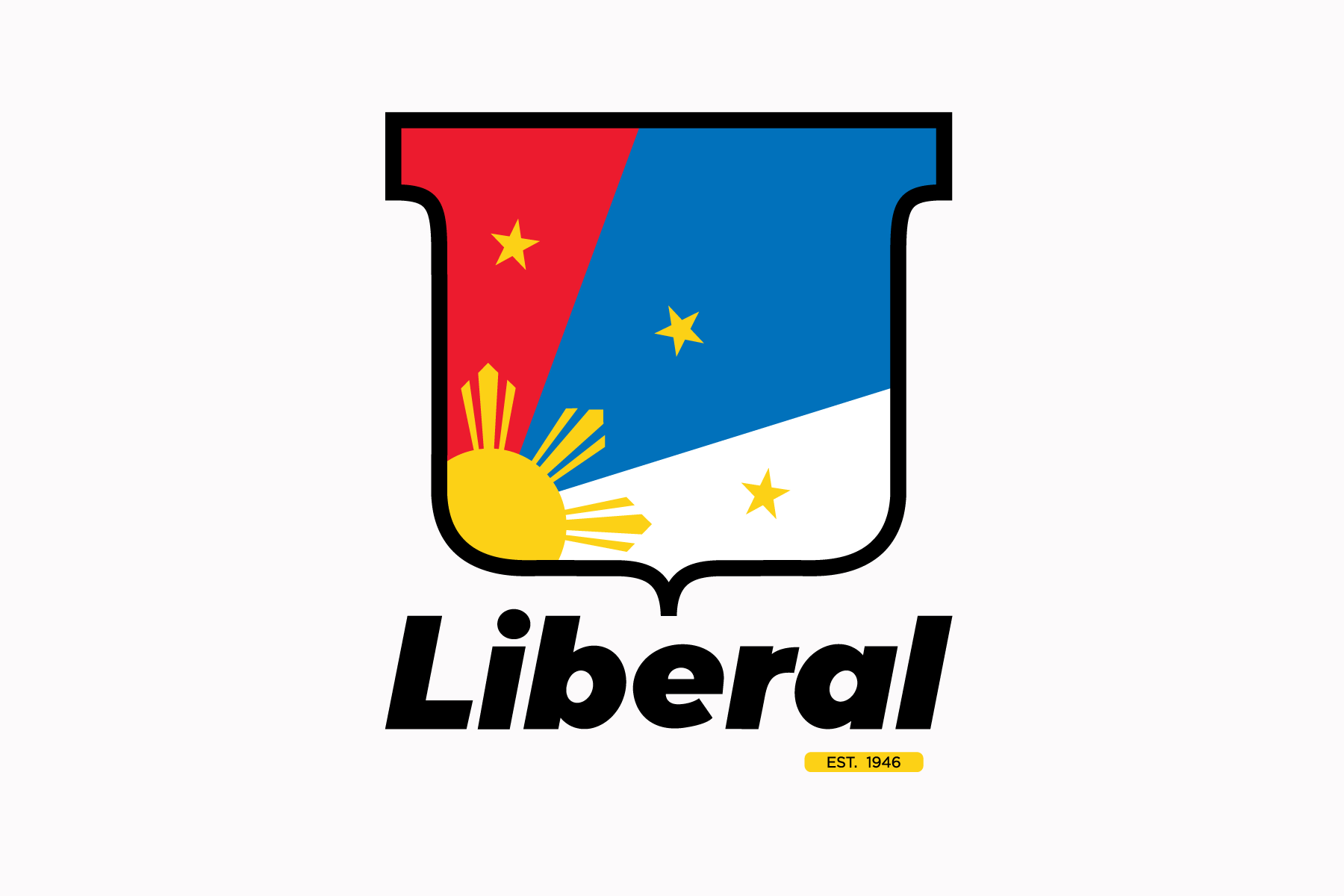PHILIPPINES
The Liberal Party and the 2025 Philippine Elections

The Liberal Party of the Philippines abbreviated as the LP, is a liberal political party in the Philippines.
© Liberal Party of the PhilippinesAuthor: John Joseph S. Coronel
The Liberal Party became the first ruling party when the Philippines gained independence after World War II. LP became the party in power four times during the presidencies of Manuel Roxas (1946-1948), Elpidio Quirino (1948-1953), Diosdado Macapagal (1961-1965) and Benigno Aquino, III (2010-2016). During the terms of Presidents Corazon Aquino (1986-1992) and Fidel Ramos (1992-1998), and the early years of the Arroyo administration (2001 to 2010), LP was part of the ruling coalition.
For most of its 78-year history, the party was in the opposition with Liberals suffering widescale oppression during Martial Law (1972 to 1986) when its leaders were assassinated, imprisoned, and exiled. Aside from Marcos, Presidents Gloria Arroyo and Rodrigo Duterte (2016 to 2022) attempted to destroy the party. Arroyo instigated an internal split in 2005. Duterte’s camp demonized the Aquino legacy and the party, the disinformation and misogyny (especially towards Vice President Leni Robredo and Senator Leila de Lima) amplified through social media.
Post truth politics reared its ugly head in 2016 with the victories of Donald Trump, Brexit, and Duterte. Fake news, historical distortion, and the vilification of progressive forces impaired free and fair elections. From a party in power, LP was diminished in terms of elected posts, marked by the defeat of its presidential candidate in 2016, senatorial candidates in 2019, and presidential, vice presidential and senatorial candidates in 2022.
The same obstacles remain for next year’s midterm elections that will greatly impact the 2028 national and presidential elections; however, there is a noteworthy twist.
The main beneficiaries of post truth politics in the 2016, 2019 and 2022 elections are now in a state of fissure after being allies way before 2016 in their common goal to irreparably disparage their opponents; namely, Vice President Sara Duterte and her family and supporters versus President Ferdinand Marcos, and his political associates, particularly Speaker Martin Romualdez.
The Dutertes and the Marcoses are the epitome of populism and patronage politics. Birds of the same feather that once flocked together are now plucking each other. The Dutertes publicly denounce Marcos for corruption, incompetence, and even alleged drug use. Congressional investigations on the vice president’s possible misuse of public funds are spearheaded by several Marcos-allied congressmen who once approved, without question, the vice-president’s proposed budget and unprecedented confidential funds.
The feuding camps have fielded their own senatorial candidates for next year’s elections, mainly composed of the usual traditional politicians. While the opposition may benefit from the Marcos-Duterte feud, their separate senatorial line-ups may make the race even tighter.
During its recent National Executive Council (NECO) meeting, LP formally announced its candidates for the senate and the party list, and its General Program of Action. LP remains as the only mainstream party with firm ideological foundations.
LP Chair, Atty. Francis Pangilinan, is seeking to return to the senate while Atty. Leila de Lima will be the lead nominee of LP’s sectoral wing, Mamamayang Liberal (ML). Teddy Baguilat, a former Ifugao governor and congressman, and Atty. Erin Tañada, a former deputy speaker and three-term Quezon congressman, complete the party list slate. Several LP members, including reelectionists, will run for district representatives, governors, vice governors, mayors (including Robredo for Naga City), vice mayors, provincial board members, and city and municipal councilors.
Pangilinan, a senator for three six-year terms (2001 to 2013; 2016 to 2022) did not seek reelection in 2022 to be the running mate of the party’s presidential candidate, Robredo. De Lima was a senator from 2016 to 2022, and Aquino’s Justice Secretary.
In her acceptance speech, De Lima recounted her agony as the country’s foremost prisoner of conscience since the late martyr and national hero, LP Senator Benigno “Ninoy” Aquino. “Six years, eight months and 21 days…a difficult struggle, mentally and physically, especially when you are innocent,” de Lima lamented. “But it was also a time for reflection and opportunity for moral strengthening, one will never know the limits of perseverance…unless one goes through a similar ordeal.”
The plights of De Lima and LP share common struggles and aspirations—political power not for its own sake but for genuine public service, actions anchored on steadfast values, and the daringness to go through the crucible.
“The 2022 Elections may seem like a distant memory, but it understands the sentiment that there is nostalgia for the time when democracy seems secure,” de Lima succinctly stated. “Our fight is not in the past, our fight is here in the now. The past is where we draw lessons and strengths. But today is where the battle is fought and where the future is determined.”
The author is the President of the liberal think tank Centre for Liberalism & Democracy (CLD).